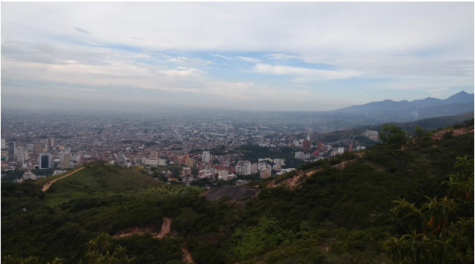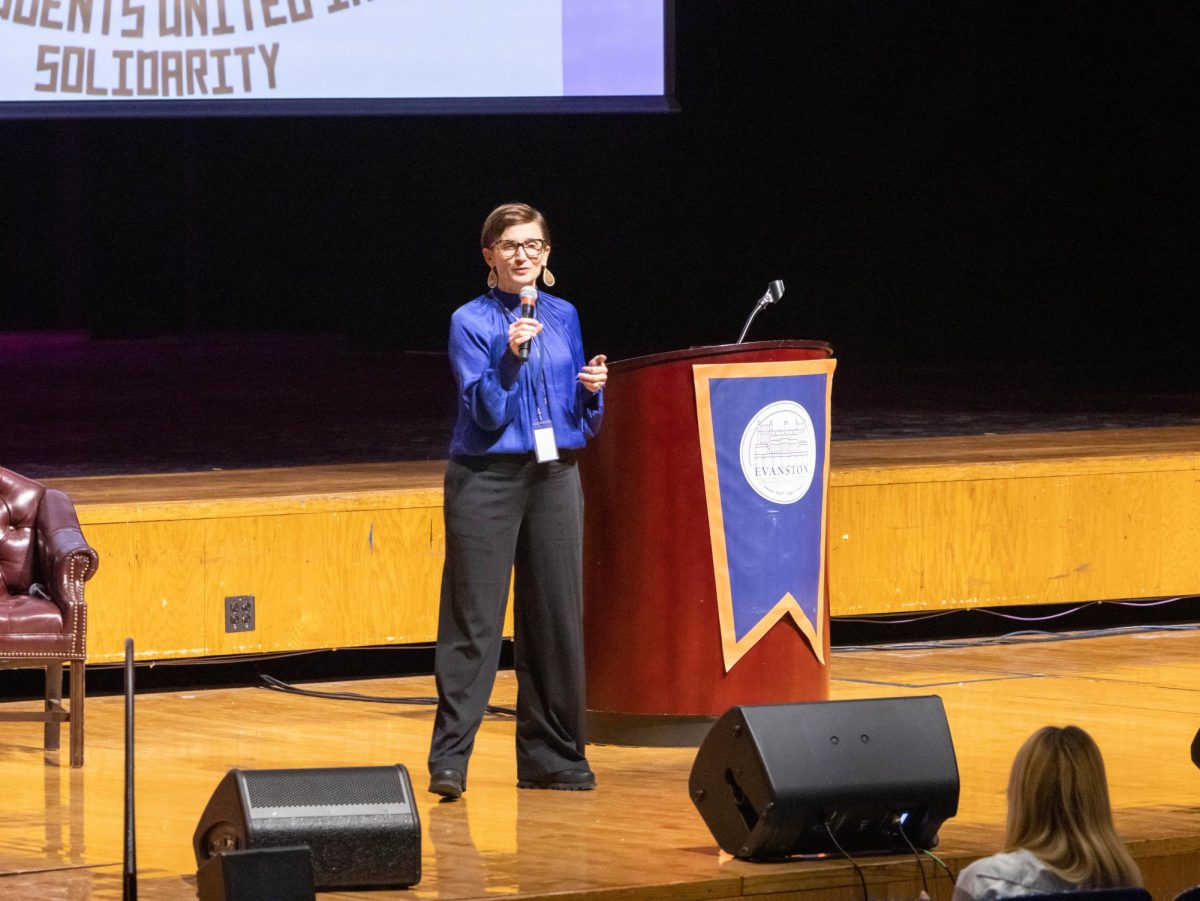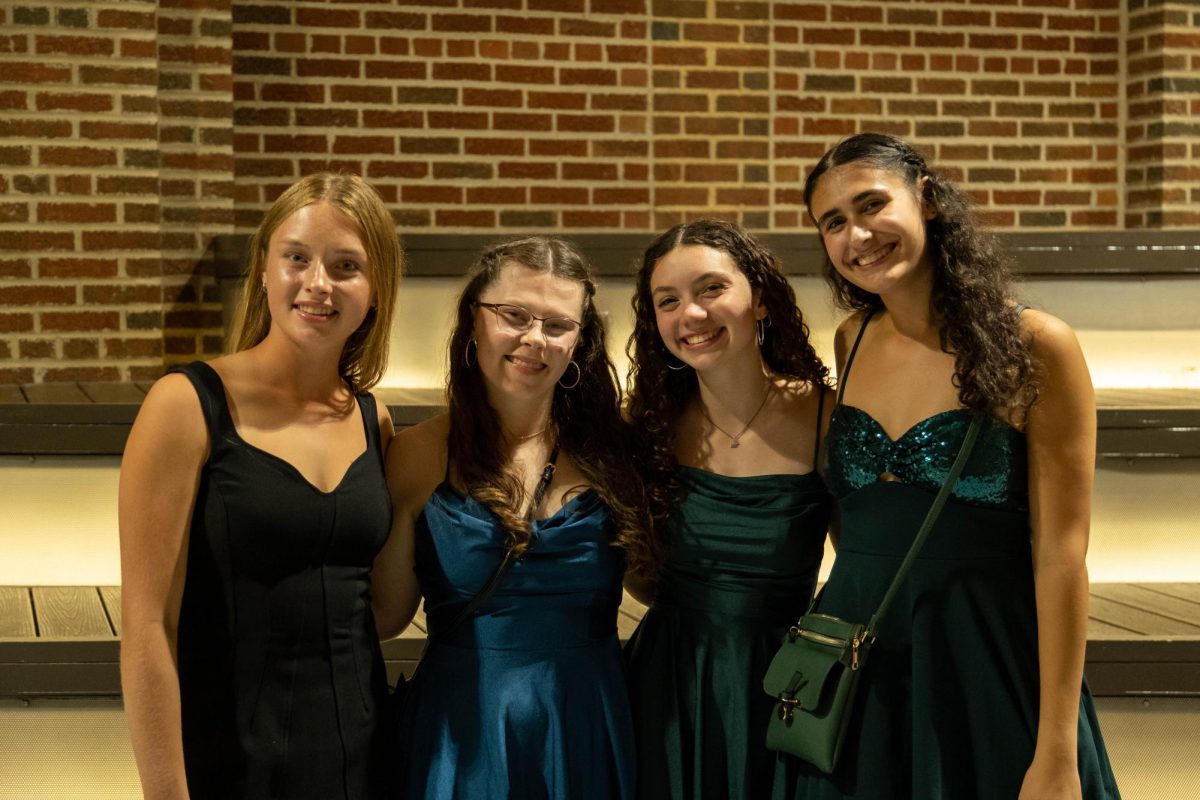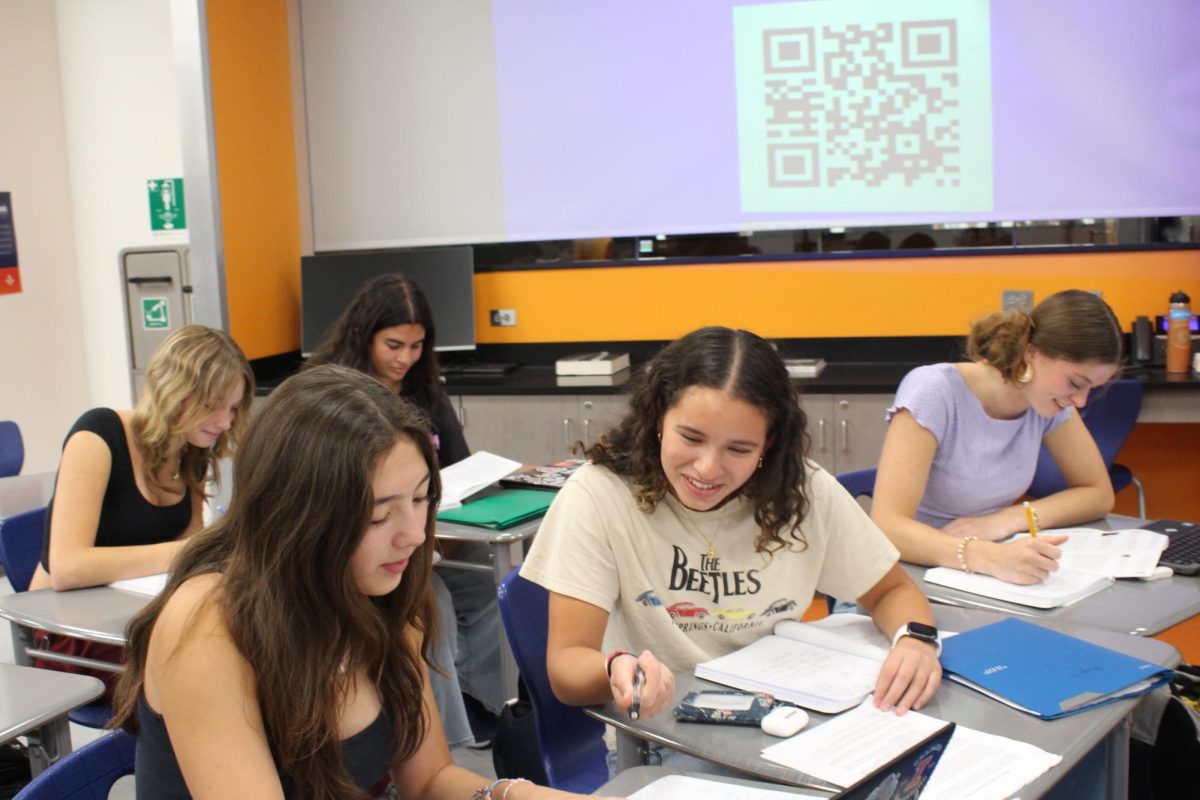The other side of the Sucursal del Cielo: recognizing global effects of pollution
February 7, 2020
Cali, Colombia is home to an abundant amount of mountains and palm trees, as well as rivers. Accordingly, it was nicknamed “Sucursal del Cielo” — or “Branch of Heaven.”

Cali, Valle del Cauca, Colombia
However, during my recent visit to Cali, I realized that the city is not just beautiful or surrounded by nature. Instead, I observed that the city has a huge problem with garbage. Walking through the streets of Cali involves not only the transit of people who come and go or turn their eyes to any hill that surrounds it. It is also the endless search for a trash can to throw away just a bottle or a small candy wrapper. Walking between avenues, streets, and parks, you can always find — from small packages to large trash bags — piles of garbage left by people who have no regard for the negative consequences of decomposition and diseases that are mostly transmitted by mosquitoes in this tropical city.
It doesn’t matter that Cali’s garbage recollection system is more frequent than the United States’ collection system because, wherever you go, there is still garbage all over the city.

Cali, Valle del Cauca, Colombia
So, what does this have to do with students at ETHS? Or, more so, what does this have to do with the United States? Well, for starters, this garbage gets deposited into rivers and ends up in the ocean, which eventually comes back not only to the people living in Colombia but to those in the United States as well.
The National Geographic’s encyclopedia entry for “pollution” states that pollutants can be created by human activity, such as the accumulation of trash and that “pollutants damage the quality of air, water and land.” All living things on Earth depend on air and water, so every form of life is affected by our pollution.
Because of the threat of pollutants, cities like Cali and Evanston should participate more consistently in environmental awareness campaigns. Environmental pollution is a widespread problem formed by small and large cities alike; in other words, even if it sounds improbable that a highly polluted city far away can affect our environment, we are part of a global ecosystem and our choices affect other communities around the world.
While I hope cities like Cali work to find a garbage solution, there are things we can do here even in Evanston to help as well. We can help our environment on a day-to-day basis such as buying and using less plastic and paper. Instead of asking for a plastic bag, we can bring our reusable bags with us when we go shopping. Instead of plastic toothbrushes, we can buy toothbrushes made of bamboo. Instead of asking for paper receipts, we can choose to let the store email them (unless the receipt is really necessary).
We can do better.
Learn how to recycle the correct way. Even if you do recycle at home, chances are that you could be doing it wrong. For instance, did you know that when recycling a plastic bottle, you have to wash it first and recycle the cap and label separately?
Many people around the world are trying to be more eco-friendly and decide to recycle at home, but the biggest problem is that they don’t know what exactly is recyclable and what isn’t. Below is a list of websites that can help us better understand how to recycle and also how to be more eco-friendly:
- How2Recycle
- Earth911
- Quality Logo
- Triple Pundit
- Illinois Department of Central Management Services
- 7 Things You Didn’t Know About Plastic
At the end of the day, some changes like bringing your bag to supermarkets are a hassle, but the effects on the environment are long-lasting and worthwhile. When deciding to ride your bike to school or conserving water when taking a shower, you’re helping to reduce your carbon footprint. The smallest of actions can bring significant results.










